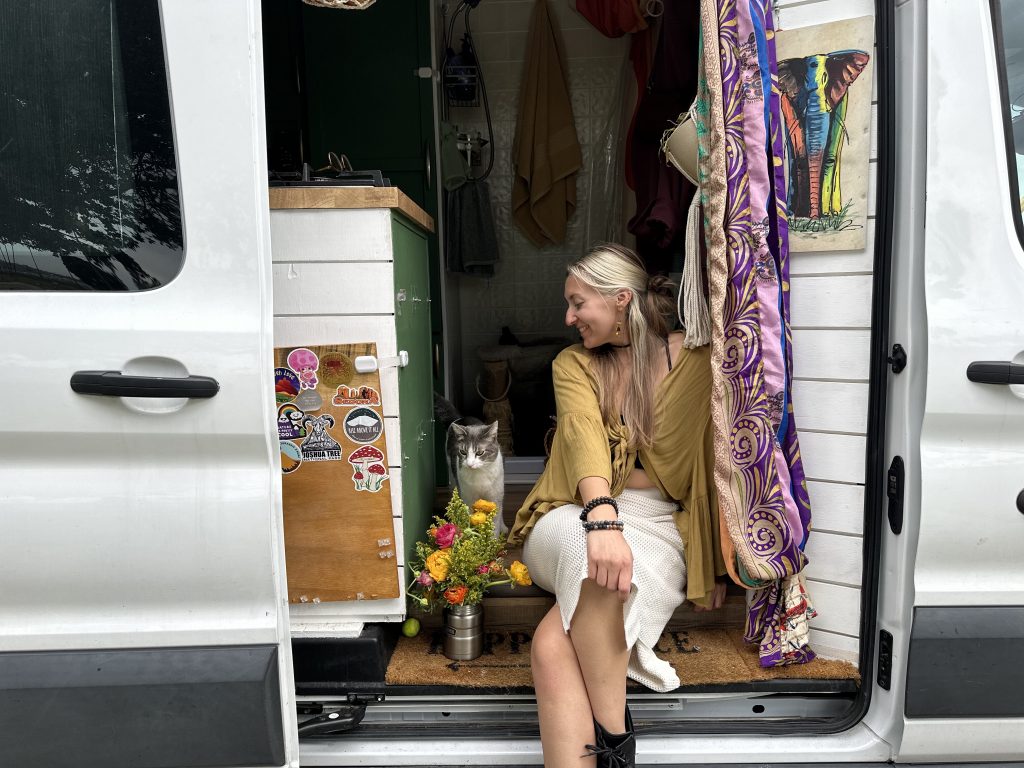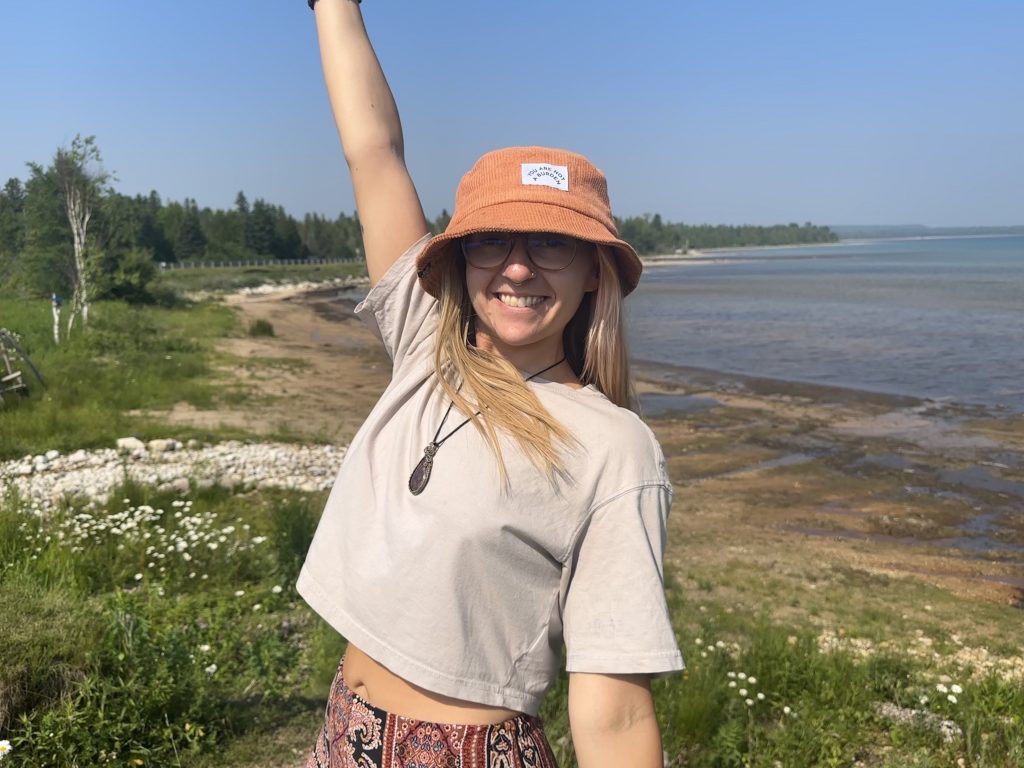When I moved into my van and started working remotely, every habit that I had created for myself was completely dismantled. I used to go to the gym before heading into work. My job used to be physically exhausting, providing more mental and physical work for myself. I would do yoga every day after work. In summary, my life and habits revolved around my work schedule. I feel like this is fairly common for most on-site workers.
Take away a commute and an 8-hour window where I’m physically required to be somewhere, and everything changes. All of my habits and productivity are entirely reliant on my self-motivation. I’ll write separately about motivation, but I want to focus on how I rebuilt my habits.
Incorporating a new habit is incredibly difficult. Creating new habits means creating new neural pathways in our brains. Those pathways get stronger with repetition, and the more repetition that we provide, the more the neural pathway develops and the higher proficiency we have in the new action. This also means that we are essentially going against the neural pathways that already exist.
If it’s this difficult, how can we successfully develop new skills or new habits?
Step number 1 is understanding that this will take time. This can allow us to have grace with ourselves as we experience this change. When I moved into the van, it was hard for me to even wash my face, put on sunscreen, and brush my teeth as step 1 to starting my day. I’d always realize later in the morning that I missed all the steps that used to be inherent as my morning routine.
Step number 2 is staying positive. This can be incredibly difficult sometimes, especially if the new habit is vital to our physical or mental health. However, if we’re negative about the experience and think badly about ourselves when we mess up, we’re way less likely to try again and keep at it. I like to shed humor on my mistakes when it comes to things like this. As someone who brushed their teeth first thing every morning, I tried to laugh at the fact that I’d still have morning breath by 9:30AM.
Step 3 is finding out how to set yourself up for success. When building a new habit, it’s important to look at existing habits and figure out how to prepare for your new habit. Two powerful tools include habit stacking and keystone habits. A keystone habit is the trigger that will prepare you for the new habit you will be incorporating. For changing my morning routine, I realized my keystone habit was laying out all of my items on my counter. That habit stacked with my gym morning routine set me up for success. All of my morning items laid on the counter meant I had to use them and put them away before driving to the gym. If I didn’t, I’d have to put them away so they didn’t fall onto the floor when I started driving.
Let’s consider a habit you’ve been trying to change and consider the following. Feel free to journal your responses.
What is the habit?
What is important about this change?
How will incorporating this change change your life?
Step 1:
What roadblocks do you anticipate coming up?
How do you plan to overcome those roadblocks?
Step 2:
How can you celebrate your wins when sticking to your new habit?
How will you deal with not following through with the new habit if that happens?
Step 3:
What steps do you need to set yourself up for success?
What existing habits exist that you can stack with this habit?
How can you reassess your process if things aren’t working?
Let me know how these considerations help with your new habit in the comments!


